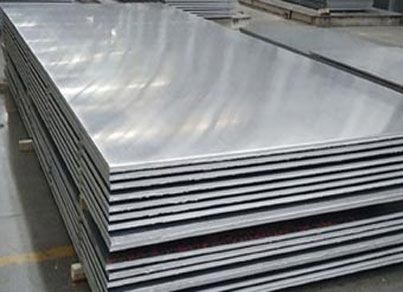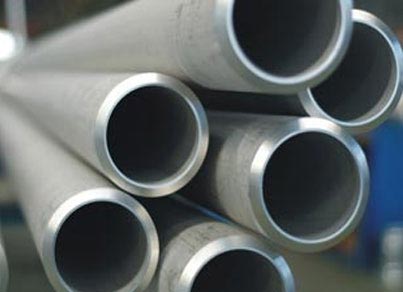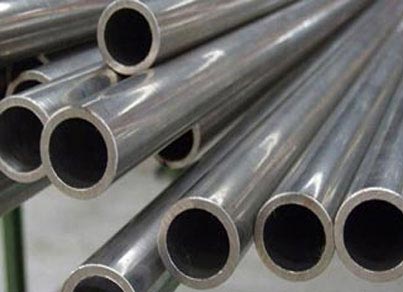Welcome to our Steel Worlds Industries
E-mail us
steelworldsindustries2018@gmail.com
Super duplex steel is a type of duplex stainless steel that has higher corrosion resistance and mechanical strength than standard duplex steel. It contains a higher percentage of chromium, nickel, and molybdenum, as well as other alloying elements like nitrogen, copper, and tungsten. There are several grades of super duplex steel, each with unique properties that make them suitable for specific applications. Here is a brief description of super duplex steel products with grades

Super duplex 2507: Super duplex 2507 contains 25% chromium, 7% nickel, 4% molybdenum, and 0.25% nitrogen. It has excellent corrosion resistance in various environments, including seawater and acidic solutions. It has high strength and is often used in chemical processing, oil and gas, and marine applications.

Super duplex Zeron 100: Super duplex Zeron 100 contains 25% chromium, 7% nickel, 3.5% molybdenum, and 0.5% copper. It has excellent corrosion resistance in harsh environments, such as high-temperature seawater, and is often used in oil and gas, chemical processing, and marine applications.

| Property | Details |
|---|---|
| Grades | S32750 (2507), S32760, S32550, S32906 |
| Material Type | Super Duplex (Austenitic-Ferritic Stainless Steel) |
| Standards | ASTM A240 (Plates & Sheets), ASTM A789 (Pipes), ASTM A182 (Fittings), ASTM A276 (Bars), EN 10204 (Certification) |
| Chemical Composition | Chromium (24-26%), Nickel (6-8%), Molybdenum (3-5%), Nitrogen (0.2-0.3%), Iron (Balance) |
| Corrosion Resistance | Exceptional resistance to pitting, crevice corrosion, and stress corrosion cracking (SCC), especially in seawater and chloride environments |
| Mechanical Properties | Tensile Strength: 730 - 795 MPa, Yield Strength: 550 MPa, Higher strength than both duplex and austenitic stainless steels |
| Applications | Oil & Gas, Offshore Platforms, Desalination Plants, Marine, Chemical Processing, Pressure Vessels |
| Surface Finishes | Pickled, Polished, Brushed, No. 1 (Hot Rolled), No. 2B (Cold Rolled) |
| Heat Resistance | Good resistance to oxidation and scaling up to 300-350°C, with limited use at higher temperatures due to embrittlement risk |
| Weldability | Excellent weldability, but requires strict control of heat input and post-weld heat treatment to avoid phase imbalance |
| Available Forms | Plates, Sheets, Bars, Pipes, Tubes, Fittings, Fasteners |
| Advantages | Higher strength and corrosion resistance than duplex, excellent resistance to aggressive environments, cost-effective compared to high-nickel alloys |
